- Seven civilians, including infant, killed in junta airstrikes on Kyauktaw and Mrauk-U
- The Mizoram Hard Journey (or) Sailing Up the Kaladan
- Arakan Army expands operations into Sagaing Region, seizes four junta camps
- ULA purchases paddy from farmers amid market shortage in Arakan State
- After Arakan fighting, Taungup residents struggle to rebuild homes
Ponnagyun industrial zone gets renewed attention from Arakan State’s military govt
The Arakan State military council is prioritising an industrial zone project to be developed in Ponnagyun Township, the spokesperson for the state’s regime government said at a news conference on October 8.
09 Oct 2021
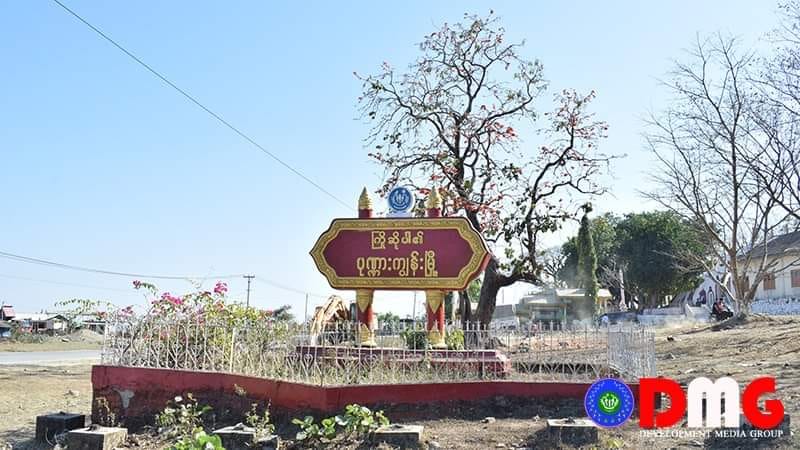
DMG Newsroom
9 October 2021, Ponnagyun
The Arakan State military council is prioritising an industrial zone project to be developed in Ponnagyun Township, the spokesperson for the state’s regime government said at a news conference on October 8.
Efforts to develop the Ponnagyun industrial zone were unsuccessful under the previous two governments, according to U Hla Thein, the spokesman.
“The main intention is to create job opportunities for the people and regional development after building factories in the area,” he said of the renewed focus on the industrial zone.
Describing what he views as an opportunity for the Ponnagyun industrial zone, U Hla Thein said many women from Arakan State who migrated to the commercial capital Yangon to work in factories are now jobless because many of those factories have closed due to the Covid-19 pandemic.
“We have human resources. We have heard some businesspeople are interested in building a garment factory. So, the state government is seeking to reactivate the industrial zone project,” he said.
Efforts to develop the Ponnagyun industrial zone began in September 2015 under the U Thein Sein government.
To develop the industrial zone, an Memorandum of Understanding was signed with the Kyaukphyu SEZ Public Holding Company (MKSH), a consortium of 17 companies.
But the project never properly got off the ground. A second effort under the National League for Democracy (NLD) government was also unsuccessful due to lack of investors.
Project plans included the construction of factories to manufacture accessories for handsets, garments, foodstuffs, agricultural equipment and pharmaceuticals.




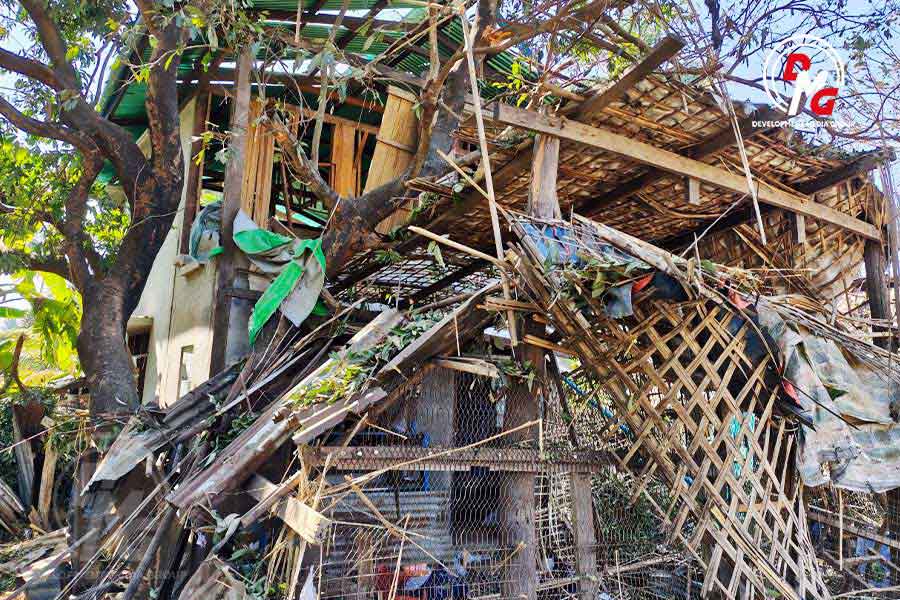
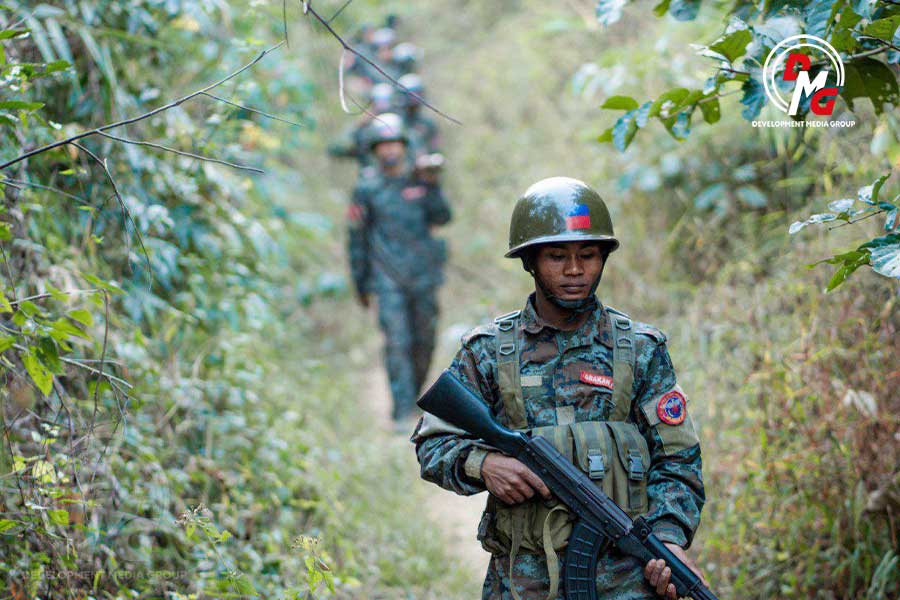
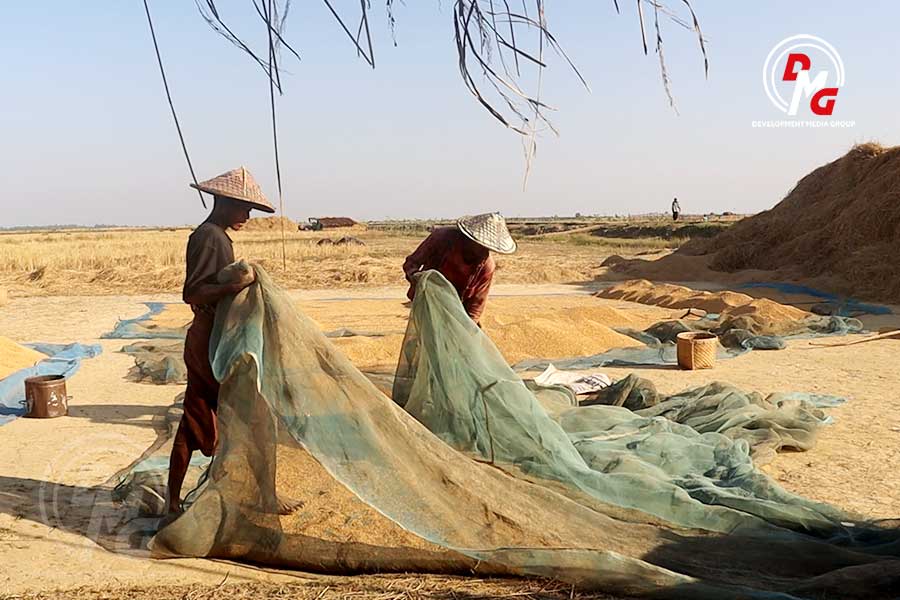
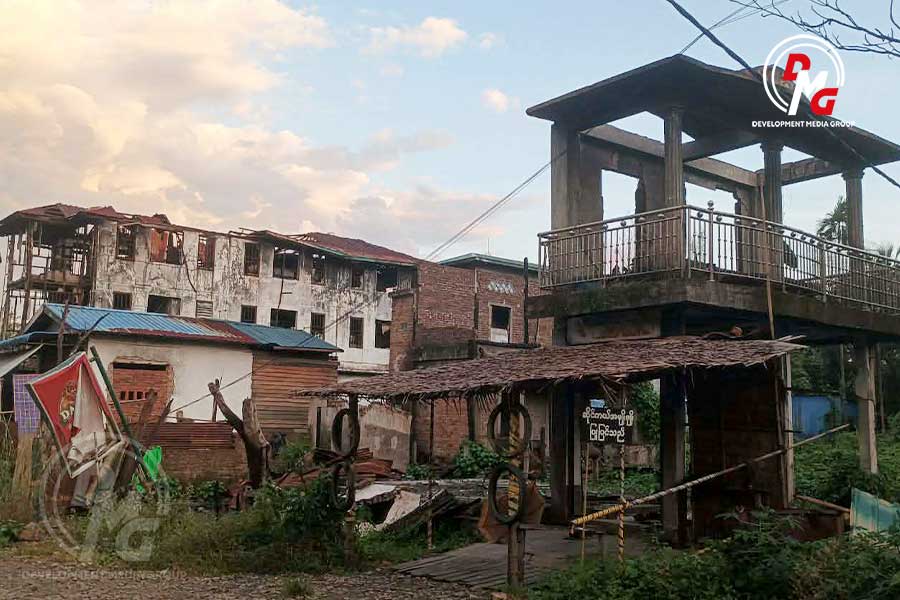
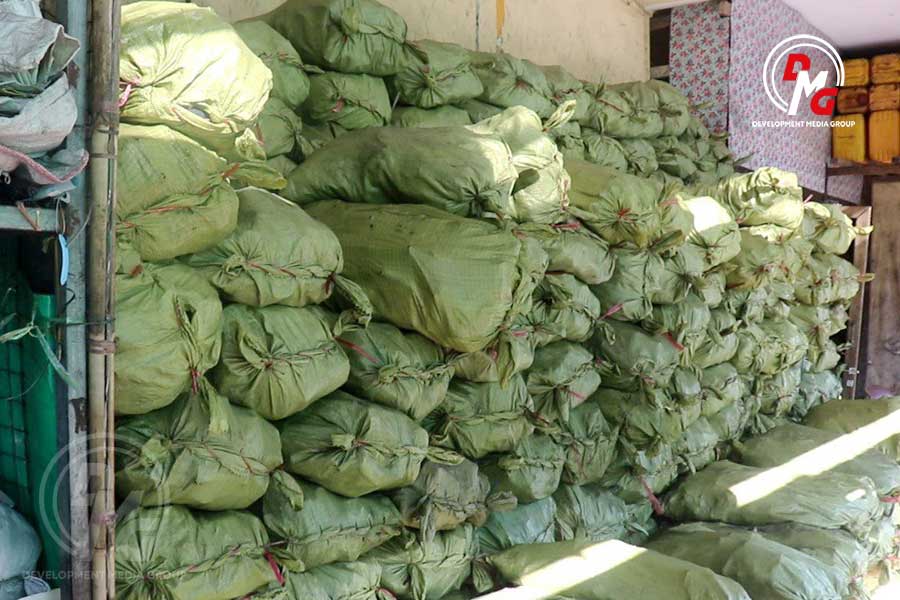







.jpg)
